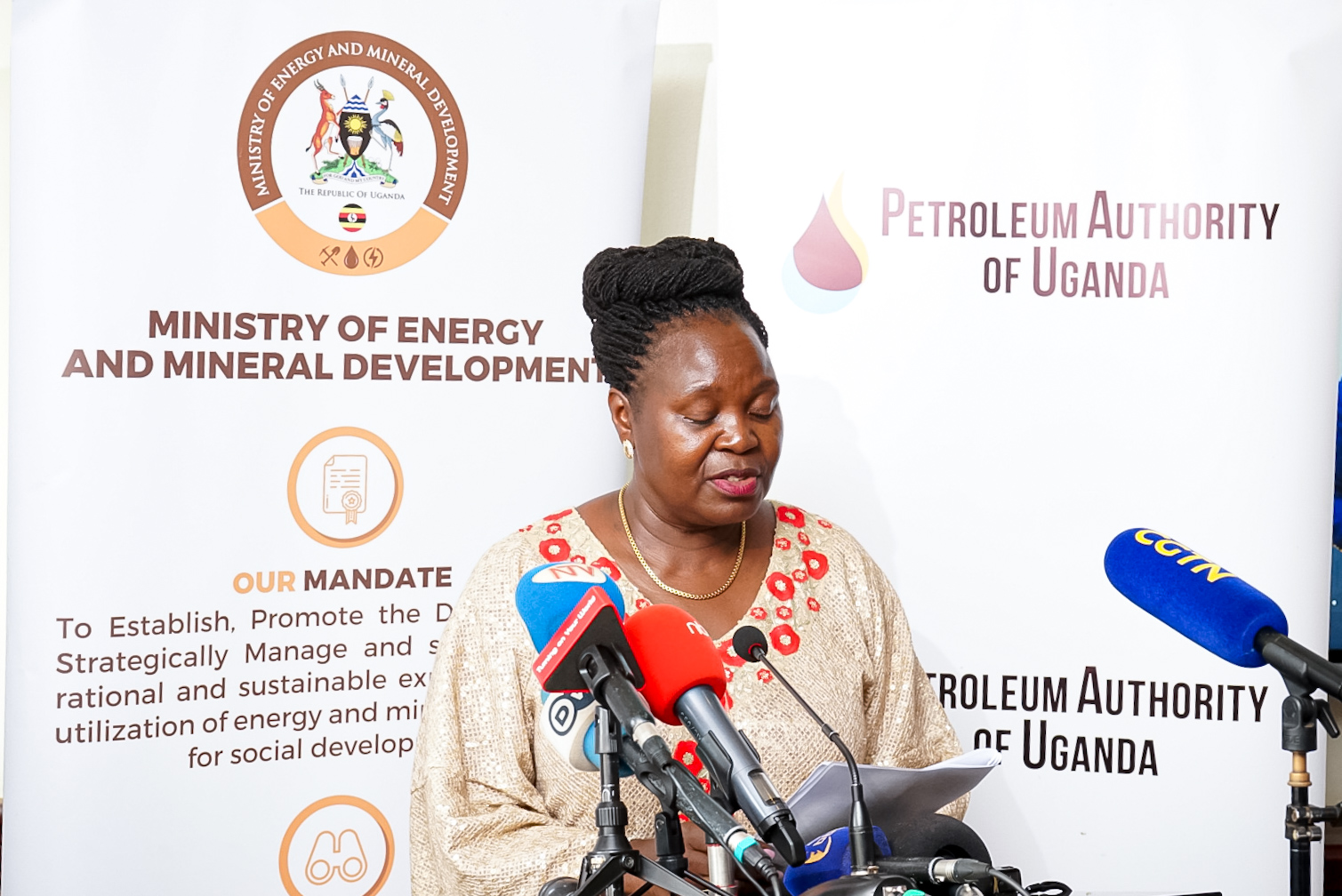The Petroleum Authority of Uganda (PAU) has greenlit contracts totaling approximately $7.16 billion (equivalent to roughly 28 trillion Ugandan shillings) for the development for Uganda’s burgeoning oil and gas sector, following the announcement of the Final Investment Decision (FID) back in February 2022.
Out of this substantial sum, nearly $1.8 billion (approximately seven trillion shillings) has been earmarked for Ugandan companies. These contracts are currently in various stages of execution, marking a promising stride towards bolstering the local economy.
PAU’s corporate affairs manager, Gloria Sebikari, anticipates a notable uptick in contract numbers, particularly with the advent of construction activities on the East African Crude Oil Pipeline (EACOP). Sebikari underscores that while the majority of contracts awarded thus far pertain to the upstream sector, there’s an expectation for a surge in both the volume and value of contracts for Ugandan firms once EACOP enters full-scale construction mode.
This revelation unfolded during a meeting convened on Thursday, March 21, 2024, where representatives from the Uganda Chamber of Mines and Petroleum gathered at Petroleum House in Entebbe, Wakiso district, to address the challenges encountered by companies operating within the oil and gas domain.
In a bid to optimize the benefits derived from ongoing oil and gas endeavors, PAU is in the process of updating its National Suppliers Database (NSD), urging interested entities and individuals keen on supplying goods and services to the sector to register. Notably, in February 2024 alone, 113 entities, comprising 97 Ugandan and 16 foreign entities, applied for inclusion in the NSD.
The NSD, which is published annually on PAU’s website, currently boasts over 3,000 qualified entities, with a substantial portion hailing from Uganda. Moreover, over 360 companies have directly secured contracts from licensed oil companies, with a notable majority being Ugandan entities.
Peninah Aheebwa, PAU’s director of economic and national content monitoring, underscores the authority’s commitment to prioritizing national content, emphasizing value retention within the country. Aheebwa highlights the encouragement for Ugandans to form Joint Ventures (JVs) to vie for contracts at various project development stages, with 120 such JVs already reviewed and 54 approved by PAU.
On the employment front, the sector currently sustains over 13,000 individuals, with a substantial majority being Ugandans. PAU has also been proactive in fostering the growth of small and medium-sized enterprises (SMEs) through training initiatives, supported by partnerships with organizations like the African Development Bank (AfDB).
Despite the progress, challenges persist, including a shortage of skilled manpower, capital constraints, prolonged payment periods, and geopolitical tensions affecting supply chains. PAU remains actively engaged with stakeholders to address these impediments, with ongoing reviews of the regulatory framework to ensure it’s equipped to tackle emerging issues.
Moreover, collaborations between PAU and the banking and finance sector are underway to mitigate challenges related to inadequate capital. Through concerted efforts and unwavering commitment, PAU is steadfast in its mission to enhance national participation and ensure value creation and retention from Uganda’s oil and gas activities.




















